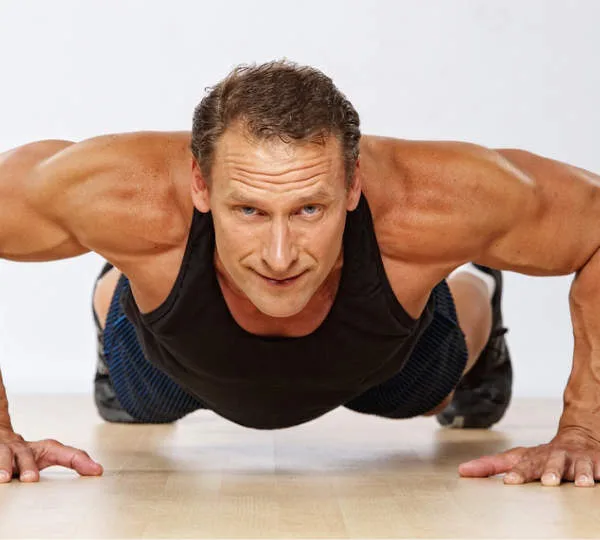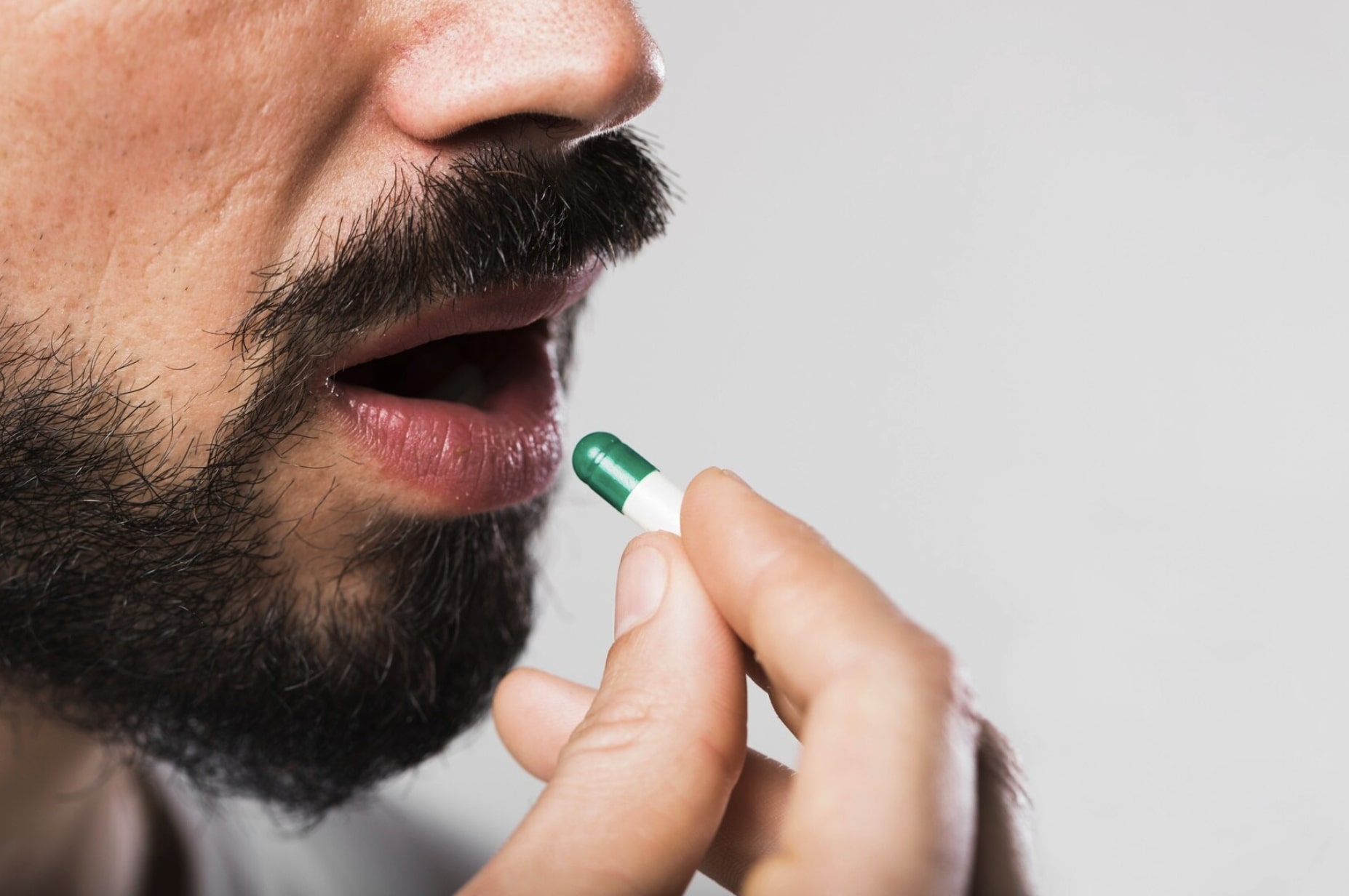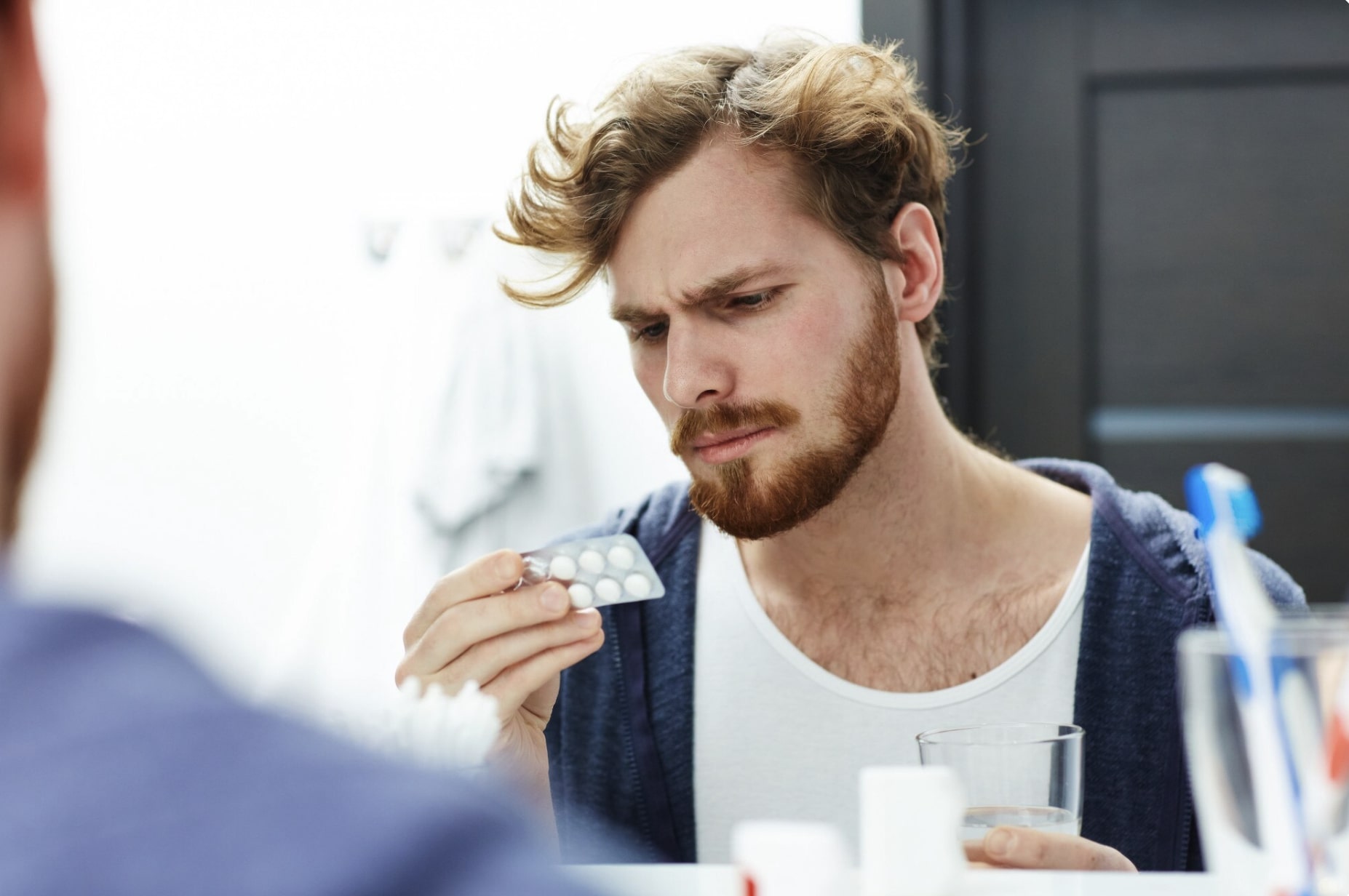Testosterone, renowned as a key hormone in men, has implications extending far beyond its role in reproduction. It influences a spectrum of bodily functions including body fat composition, muscle development, hair health, and libido. Yet, it's often the case that men overlook the importance of maintaining hormonal equilibrium. Experiencing symptoms of low testosterone can significantly diminish one's quality of life. If you're feeling the impact, it's essential to assess and address your hormonal health.
GET BACK IN THE GAME
Are you struggling to maintain performance or noticing a diminished interest in sexual activity? These issues could be symptomatic of low testosterone levels—a common condition in aging adult males. As men grow older, a natural decline in this hormone often leads to decreased libido and challenges like erectile dysfunction. Experiencing these changes? They could very well signal that it's time to assess your hormonal health.
CHANGING PHYSIQUE AND ENERGY LEVELS
Regardless of your current health and activity levels, insufficient testosterone (low T) can undermine your fitness endeavors. Testosterone plays a crucial role in both muscle development and fat reduction, which means that low levels of this hormone can make achieving gym goals unusually challenging. Although intensifying your workout routine, increasing your runs, or altering your diet can contribute to better health, these efforts might reach a plateau if testosterone levels remain suboptimal. Envision your body as a vehicle and testosterone as its fuel. The state of the car is inconsequential if it's devoid of fuel—it simply won't move. Therefore, addressing any testosterone imbalances could be imperative in rekindling your progress toward peak physical condition.
HAIR LOSS
Surprisingly, your clogged shower drain brimming with strands might not just be a random ordeal — it could be tied to your testosterone levels. While it's true that factors like heredity and advancing age often get the blame for hair loss, those thinning patches and widening gaps on your scalp could very well be the results of low testosterone. This hormone's fluctuations are known to hike up levels of Dihydrotestosterone (DHT), a derivative that has the unwanted effect of miniaturizing hair follicles and stalling the natural cycle of hair regeneration.
THE SOLUTION
Minor changes to your diet and exercise routine can boost testosterone production naturally. Incorporating physical activity regularly and opting for testosterone-enhancing foods like bananas, lean meats, and avocados are beneficial. Though these natural boosts may help, they often cannot match the efficacy of medical treatments, especially as you age. As diet and exercise might not suffice for maintaining ideal testosterone levels over time, the most effective method to regulate testosterone is through a professionally managed treatment plan. Testosterone Replacement Therapy (TRT) offers a precise approach, providing high-quality injectable testosterone and conducting periodic tests to guarantee both safety and effectiveness. Our customized TRT programs are designed to maintain your testosterone at an optimal level, carefully avoiding excessive spikes, and thus ensuring consistent, safe enhancements to your testosterone levels.As we grow older, it becomes imperative to monitor vital hormone levels, especially Testosterone, which is essential for maintaining a robust quality of life. Experiencing symptoms such as a reduced libido or unexpected weight gain may indicate a need for evaluation. Consult with a specialist at a TRT clinic or your primary healthcare provider to explore potential treatments. Properly managed, restoring Testosterone to its optimal level can significantly enhance your overall well-being.











